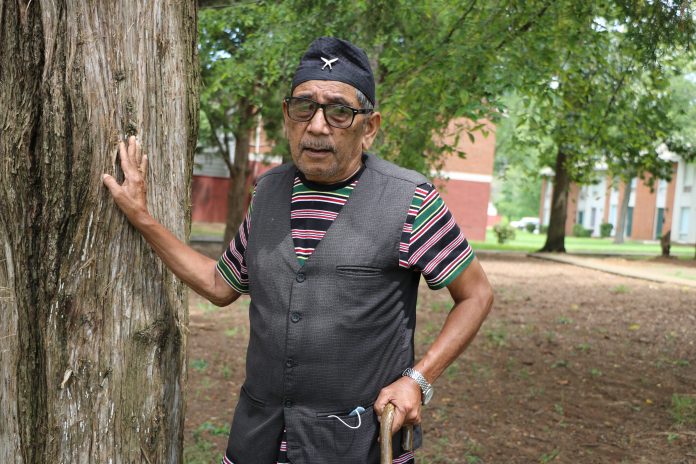“I think I was 20-22 years old when I got married. Although my marriage is both special and unique, many others may not believe it. One day, I had spent all my morning chores working in my crop-land, and I returned home drained looking to eat lunch. Januka, 16-year-old then, had come to my house with a firm proposal to marry me. Indeed it was her second marriage. I was single. Januka told me that her mother wanted her to leave her other husband, a gentleman with the last name ‘Siwa.’ I do not want to disclose too much details about him. I learned that Januka’s mother recommended that she leave that ‘Siwa’ and elope with me. She [Januka] was my elder sister-in-law’s sister. Indeed, Januka and I grew up together as neighbors in Dallayni, Chirang district. That day, she [Januka] insisted that she wouldn’t leave my house. She said she no longer wanted to be with that ‘Siwa’. She asked if I would accept her as my wife. I readily accepted her proposal. I think she was married to that man [Siwa] when she was nine years old. You can ask her if she remembers anything. I doubt she does. But since I was a bit older than her, I still remember her age at the time of her first marriage. She [Januka] had been with ‘Siwa’ for seven years before she married me. Although repercussions from her ex-husband were equally possible, I did not fear it; I don’t know why. Maybe that has to do with my age back then. There were no repercussions whatsoever. It was a big sigh of relief for me, and probably for her as well. Since then, we’ve stayed as a blessed couple – we have 13 children together.”
Man Bahadur Darjee, 78 is originally from Chirang, Bhutan and based in Charlotte, North Carolina at the time when this story was compiled.
Story and Photo compilation by TP Mishra for BNS

